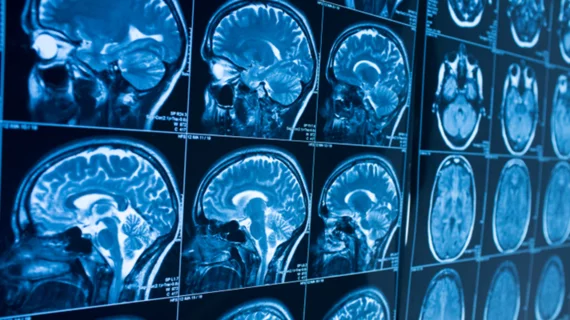Do we need ethical guidelines for using brain imaging data?
Brain scans contain vast amounts of patient data, some as valuable as that within your DNA. In a recent opinion piece published in Wired, professor of radiology and biomedical imaging at Yale, Evan D. Morris, PhD, argued that we need to do more to protect these valuable images.
For example, Morris asked, could a prosecutor subpoena a suspect’s brain scan that was consented to as part of a research project? Would the National Institutes of Health share their large databases of images if the police asked? Could a court go as far as to order someone to undergo an fMRI or PET?
“These are questions that brain imagers, legal experts, ethicists, and the public should be debating,” Morris wrote. “Scenarios that may seem far-fetched right now raise troubling questions that ought to be anticipated.”
Morris argued that, as brain scanning advances, there should be a thorough dialogues on the ethical guidelines or policies of using such images. Patients who take part in scientific research “must have the confidence that brain scanning is being conducted ethically hat the far-reaching personal information being generated is being used only as intended.”
Read the entire story below:

